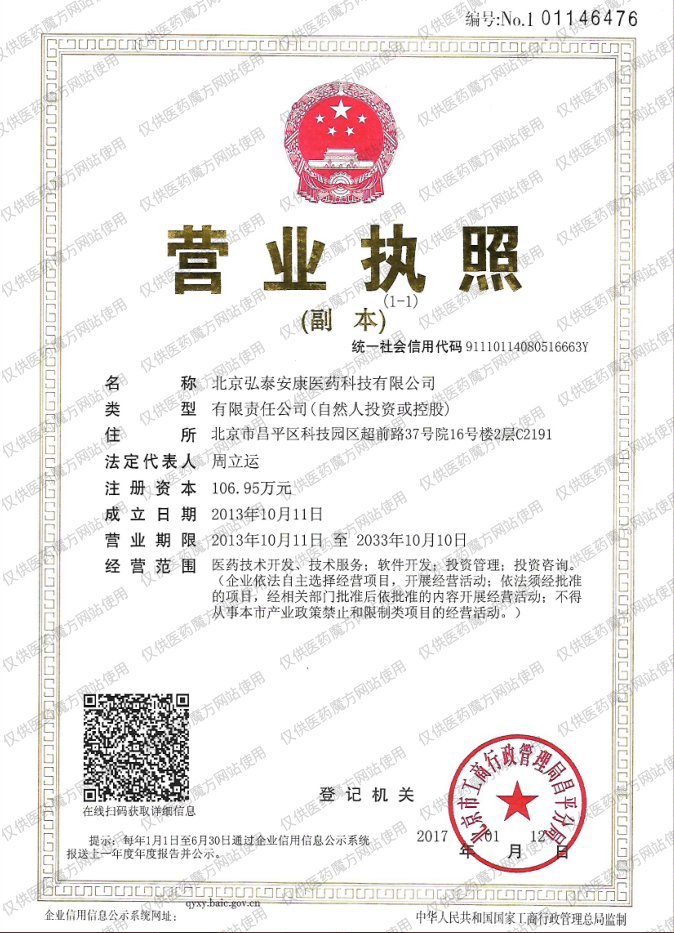The simultaneous use of antibodies that exhibit two differing mechanisms of action could enable more effective destruction of tumors than existing immunotherapies, according to the results of studies in animal models by researchers at the University of Basel. The new treatment approach combines a CD40 antibody with anti-vascular endothelial growth factor A (anti-VEGFA; bevacizumab) and anti-angiopoietin 2 (Ang2) antagonistic antibodies to stabilize tumor vasculature. The researchers suggest this combination strategy may benefit patients who do not respond to existing immunotherapies.
Study lead Abhishek Kashyap, PhD, project leader in the department of biomedicine, believes that patients with “cold” tumors—tumors that do not respond well to immunotherapy—could benefit most from this new combination approach that harnesses additional anti-angiogenic agents. “Our results illustrate how important it is to understand the biology of tumors,” he stated. “The anti-angiogenic antibodies may make the ‘cold’ tumors ‘hot,’ so that immunotherapy functions better.”
As the authors concluded in their published paper in the Proceedings of the National Academy of Sciences (PNAS), “Anti-CD40 immunotherapy might represent a complementary approach to immune checkpoint inhibitors for combination with angiogenesis inhibitors … We consider our findings useful in the light of current early-phase clinical studies that investigate agonistic anti-CD40 antibodies in combination with various antiangiogenic agents.” Kashyap and colleagues reported their findings in the paper titled, “Optimized antiangiogenic reprogramming of the tumor microenvironment potentiates CD40 immunotherapy.”
While anticancer strategies based on PD-1 and/or CTLA-4 immune checkpoint blockade have resulted in “striking” clinical responses in selected cancer types, these immunotherapies have only proven effective in a minority of cancer patients, the authors wrote. New approaches are thus being extensively investigated. An antibody that activates the CD40 receptor on the surface of immune cells and so stimulates the production of natural killer T-cells showed promise in preclinical studies. “Agonistic targeting of CD40 represents an alternative approach for promoting antitumor immunity,” the team noted. However, treatment using a CD40 antibody fell short of expectations in clinical trials, with fewer than 20% of patients responding to therapy.
The cancer immunology research group at the University of Basel has now shown in animal models that the effects of the anti-CD40 antibody can be bolstered significantly by combining it with two antibodies that target tumor blood vessels. The starting point for their study was the observation that while anti-CD40 antibody administration does lead to the intended increase in killer T cells, these immune cells can then only be detected in peripheral areas and not in the interior of the tumor. The researchers suspected that this was due to the nature of the tumor’s blood vessels. “Normally, the blood vessels of a tumor are leaky or stunted, Kashyap noted. “Therefore, there is no good way for killer T cells to get inside. Our hypothesis was that the killer cells are able to invade the tumor and destroy it only if there are enough healthy blood vessels.”
The researchers devised an anticancer strategy that combined treatment using the anti-CD40 antibody with the anti-angiogenic anti-VEGFA and anti-Ang2 antibodies, which can stabilize the tumor blood vessels. The team then tested this combination of antibodies in animal models for different tumor types, including colorectal, breast, and skin. As hoped, combining the three antibodies significantly improved tumor tissue destruction in all cancers. “A strength of our study is that we obtained largely similar results in different tumor models and using distinct antibodies targeting CD40 and VEGFA/Ang2,” the investigators wrote. A more detailed analysis also showed that improved treatment responses resulted from the predicted mechanism of action, with the addition of two anti-angiogenic antibodies ensuring that the tumors retained more intact blood vessels.
Unexpectedly, however, the investigations also showed that the antibody combination strengthened the immune system in several ways, for example, by supporting penetration of the tumor by killer cells, and by promoting a tumor-hostile inflammatory reaction in the tumor microenvironment. “Herein we show that, by synergistic mechanisms with antibodies co-targeting VEGFA and Ang2, the therapeutic efficacy of agonistic CD40 antibodies in different mouse cancer types is dramatically improved,” they concluded. “ … we show that combination of agonistic CD40 antibodies with dual VEGFA/Ang2 blockade enhances antitumor responses in mouse cancer models through synergistic gene regulation and the induction of an immune permissive tumor microenvironment characterized by proinflammatory (M1-like) macrophage activation, vascular normalization, and improved infiltration and spatial localization of effector T cells.”
The results are particularly encouraging not only because of the large effects measured, but because several different laboratories achieved the same results, Kashyap suggested. The experiments were carried out at the University Hospital of Basel, the École Polytechnique Fédérale de Lausanne (EPFL), and the Roche Innovation Center Zurich. “The innovative and translational potential of this work is the result of a close and excellent collaboration between applied and basic research, between the University of Basel and EPFL, and between academia and industry, noted Alfred Zippelius, PhD, professor of translational oncology at the University of Basel and senior author of the study.





